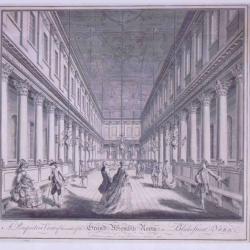
Assembly rooms
BURLOCK Hillary
In the long eighteenth century, assembly rooms became an established institution in Britain’s towns and cities, growing in number over the course of the ‘century’. Assembly rooms across Great Britain became the physical and social heart of the community, places where men and women could meet to converse, dance, and attend lectures and concerts.
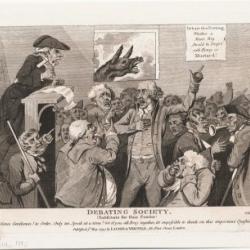
Debating societies
DUTHILLE Rémy
Debating societies became well-established institutions in London and provincial cities, catering for the taste for public debate among the lower and middling sorts. Topics could be frivolous, but when societies debated politics, religion, and the economy they were felt to voice threateningly radical opinions.
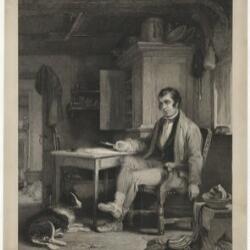
Edinburgh clubs and societies
JUILLET-GARZON Sabrina
This entry gives an overview of the clubs and societies in Edinburgh during the long eighteenth century. These were indeed a reflection of the expectations of the Scottish society.
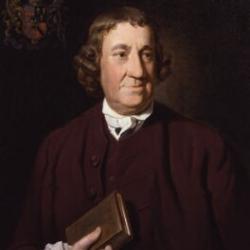
Francis Dashwood
WALTHER David
A well-travelled man, Francis Dashwood, 11th Baron le Despencer, was a founding member of the Dilettanti and the Divan Club, and a vital contributor to the proliferation of neo-classicism in eighteenth-century London. He is best known for inciting the lurid imagination of Grub Street through the creation of the Brotherhood of St. Francis, a secret society which has since come to be known as the Hell-fire Club.
!['Essai sur l’origine et les pratiques des francs-maçons', dans Cérémonies et coutumes religieuses de tous les peuples du monde, Représentées d’après des figures dessinées de la main de Bernard Picart, e&c., tome quatrième, qui comprend les Anglicans, les Quaquers (sic), les Anabaptistes, e&c., Amsterdam, chez J. F. Bernard, [MDCCXXXVI], Amsterdam et Paris, éd. 1783, p. 36-40. Freemasonry](/sites/default/files/styles/notice_teaser/public/notices/Beaurepaire.png?h=050417d1&itok=4Oe1qi5h)
Freemasonry
BEAUREPAIRE Pierre-Yves
À partir du début des années 1720, la Franc-maçonnerie moderne, dite spéculative, connaît un succès fulgurant à travers l’Europe. En deux décennies, la 'mode anglaise' est devenue un phénomène transnational sans équivalent. L’aristocratie britannique joue un rôle déterminant dans ce succès et crée une sociabilité souple où ses membres se retrouvent aussi bien dans les capitales que dans leurs châteaux et domaines campagnards.
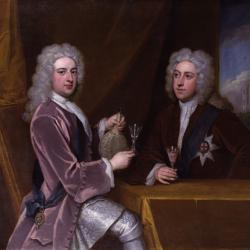
Kit-Cat Club
FIELD Ophelia
The Kit-Cat Club (c.1690s-c.1720) was one of the earliest and most influential London gentlemen’s dining clubs. It kickstarted the English craze for eighteenth century clubbing and was the first to turn membership into a social credential. With members drawn exclusively from one Whig faction, yet with foundations in the literary world, it became a hub of patronage along lines of intellectual friendship rather than kinship, an informal venue of political opposition, and a prototype for Dr Johnson’s Club, among many others.